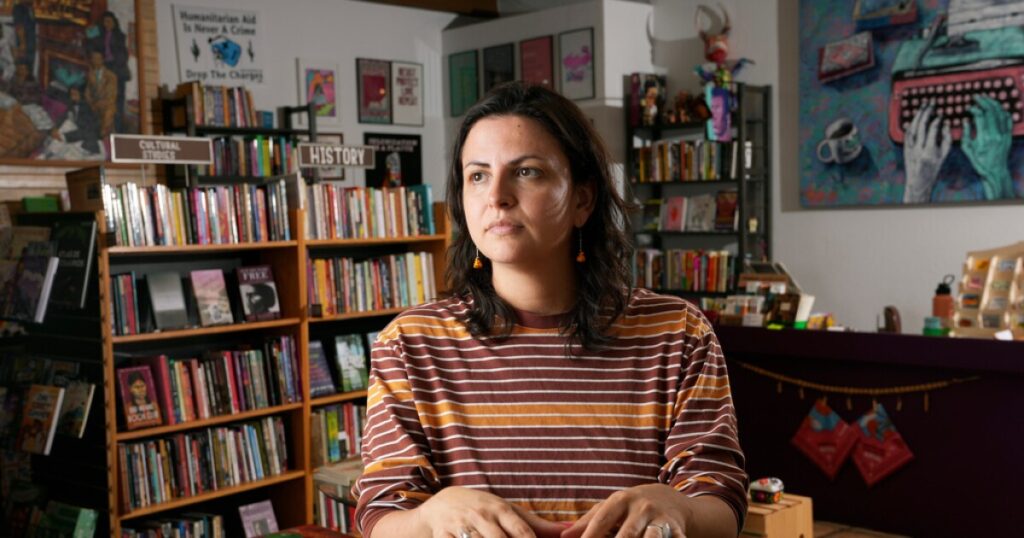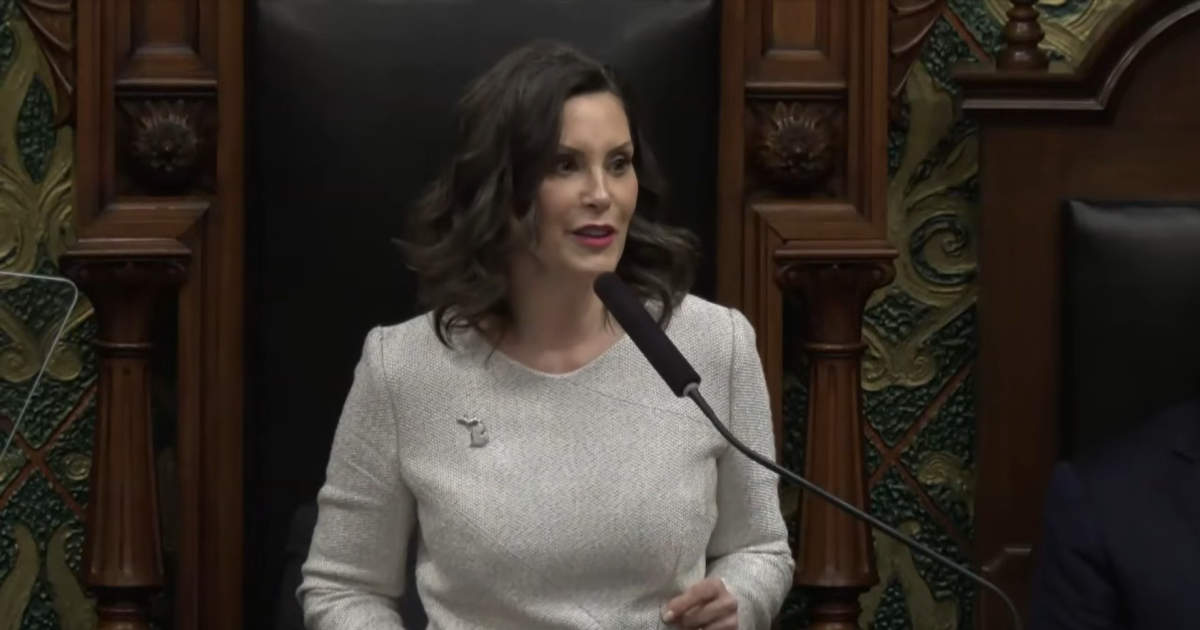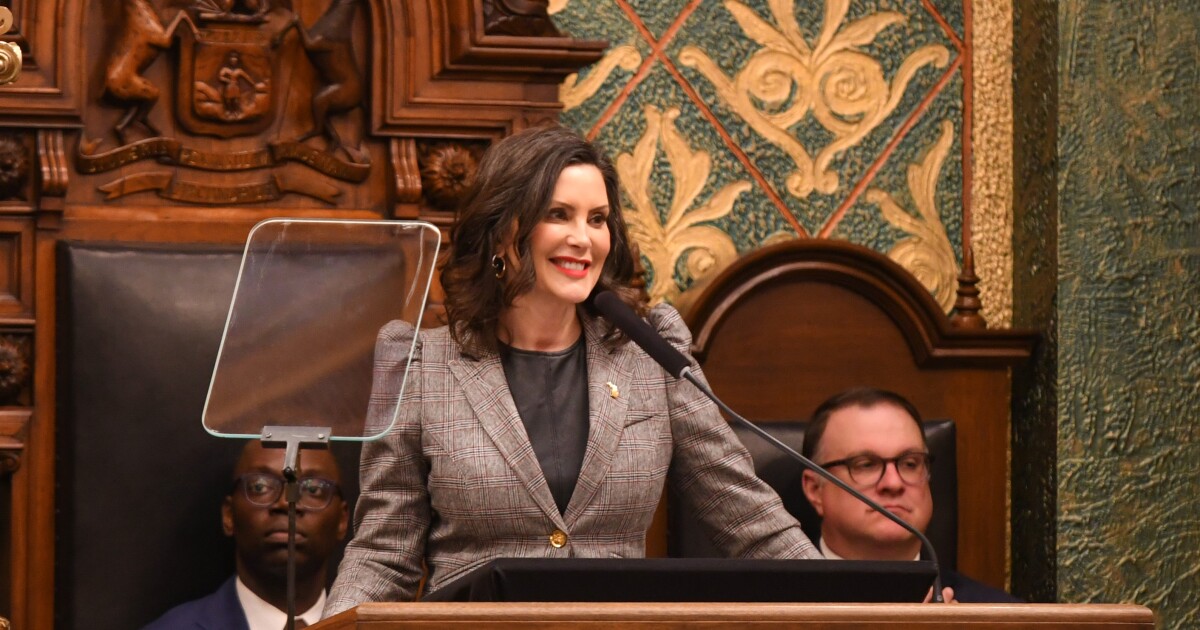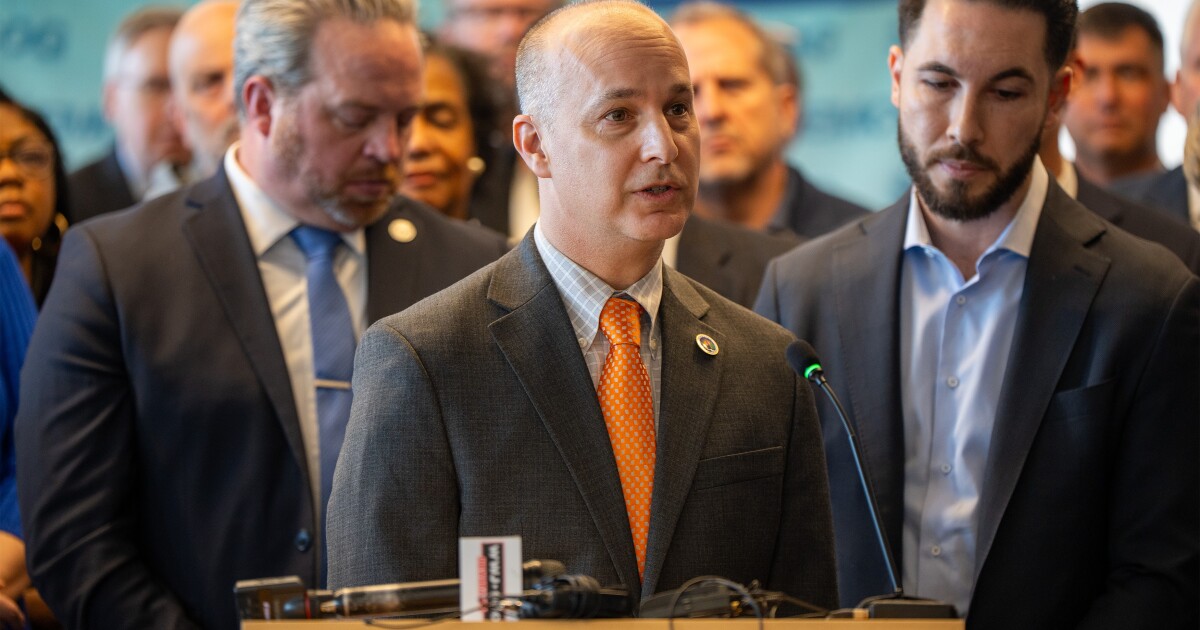The world of publishing is witnessing a gradual, yet determined push to bring Hispanic literature to the forefront. While authors and industry experts acknowledge the historical underrepresentation of Hispanic narratives, they are now discovering innovative methods to highlight these stories and bridge cultural gaps.
“The stories now are more diverse than they were 10 years ago,” shared Carmen Alvarez, a prominent book influencer on social media platforms Instagram and TikTok.
Efforts from publishers, independent bookstores, and book influencers are challenging the perception of a singular Hispanic experience by enhancing the visibility of these diverse narratives.
Despite the challenges posed by the rise of online book retailers and constrained marketing budgets for stories featuring people of color, there is an ongoing movement to celebrate Hispanic Heritage Month from Sept. 15 to Oct. 15 in the U.S., showcasing stories that extend beyond the traditional focus on immigration.
Alvarez, known as @tomesandtextiles on social media, emphasized, “I feel like we are getting away from the immigration story, the struggle story. I feel like my content is to push back against the lack of representation.”
Latinos in the Publishing Sector
Latinos account for approximately 20% of the U.S. population, yet they constitute a mere 8% of the publishing workforce, as estimated by the National Hispanic Media Coalition (NHMC) in its 2023 report on Latino Representation in Publishing.
Brenda Castillo, NHMC president and CEO, asserts that their coalition collaborates with publishing houses to amplify Latino voices and bolster their Latino employees. “The publishing houses are the ones that have the power to make the changes,” Castillo noted.
In response, some Hispanic authors have taken proactive steps. Mayra Cuevas and Alex Villasante, both award-winning children’s authors, established a book festival and storytellers conference in 2024, designed to spotlight writers and illustrators from their communities.
Cuevas remarked, “We were very intentional in creating programming around upleveling craft and professional development. And giving attendees access to the publishing industry, and most importantly, creating a space for community connection and belonging.”
Villasante added that their initiative offered a blueprint for others to navigate the industry. “We are not getting the representation of ourselves. I believe that is changing, but it is a slow change so we have to continue to push for that change.”
Pathways to Mainstream Success
Breaking into the mainstream remains a formidable task for Hispanic authors. Silvia Moreno-Garcia, a renowned Mexican-Canadian novelist, has managed to achieve this with works like “Mexican Gothic” and “The Daughter of Doctor Moreau.” However, her journey was fraught with challenges.
Moreno-Garcia recounted an early rejection from a publisher, where the editor praised her work but doubted its marketability due to its Mexican setting. “There are systems built within publishing that make it very difficult to achieve the regular distributions that other books naturally have built into them. There is sometimes resistance to sharing some of these books,” she explained.
Cynthia Pelayo, an acclaimed author and poet, highlighted the critical role of marketing. She observed, “I’ve seen exceptional Latino novels that have not received nearly the amount of marketing, publicity that some of their white colleagues have received.” She noted that Hispanic Heritage Month does help in drawing some attention to Hispanic authors.
The Role of Independent Bookstores
Independent bookstores are steadfast in their mission to promote Hispanic literature. According to a 2024 American Booksellers Association report, 60 out of 323 new independent bookstores were owned by people of color. The organization Latinx in Publishing notes there are 46 Hispanic-owned bookstores nationwide.
Bookshop.org, an online book retailer, has played a role in this movement by spotlighting Hispanic books and offering discounts during Hispanic Heritage Month. Ellington McKenzie, a representative for the site, mentioned that they have supported around 70 Latino bookstores financially. “People are always looking to support those minority owned bookstores which we are happy to be the liaison between them,” McKenzie said.
Chawa Magaña, who owns Palabras Bilingual Bookstore in Phoenix, was driven to open her store by a perceived lack of diversity in the books available in Arizona schools. “Growing up, I didn’t experience a lot of diversity in literature in schools. I wasn’t seeing myself in the stories that I was reading,” she reflected.
At Palabras Bilingual Bookstore, 30% to 40% of the inventory consists of Latino stories. Magaña expressed deep satisfaction in the representation her store offers, saying, “What has been the most fulfilling to me is able to see how it impacts other people’s lives. What motivates me is seeing other people get inspired to do things, seeing people moved when they see the store itself having diverse books.”
—
Read More Arizona News









